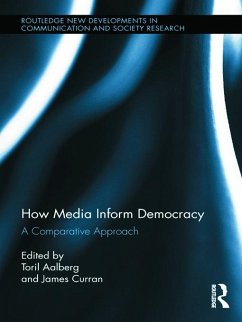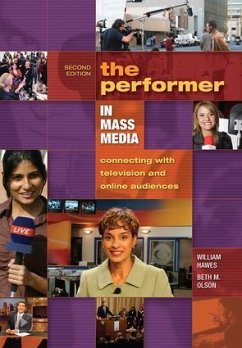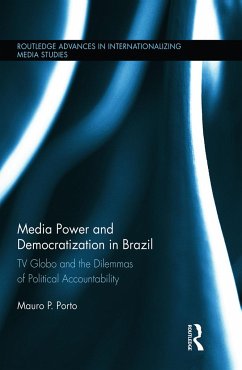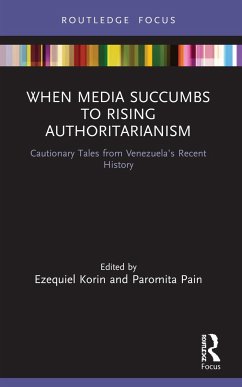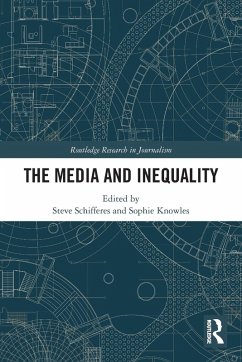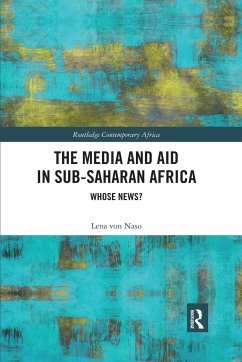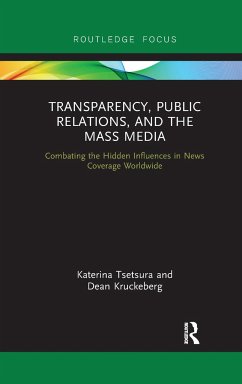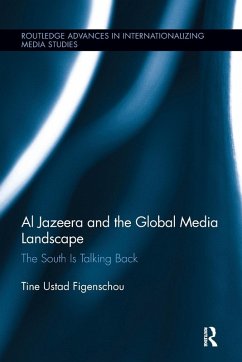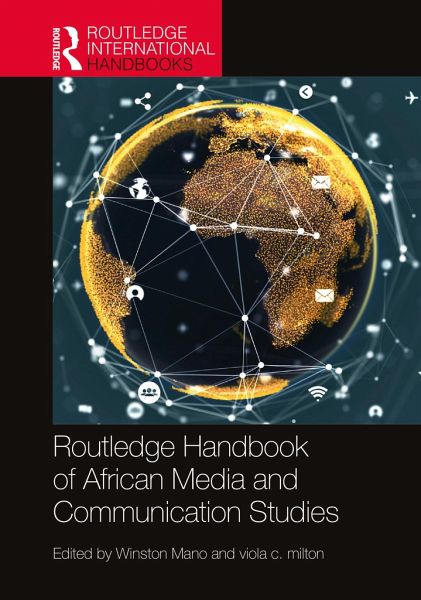
Broschiertes Buch
Routledge Handbook of African Media and Communication Studies
Versandkostenfrei!
Versandfertig in 1-2 Wochen

PAYBACK Punkte
134 °P sammeln!




This handbook comprises fresh and incisive research focusing on African media, culture and communication, building a critical corpora of African scholarship and theory that places the everyday worlds, needs and uses of Africans first.
Winston Mano is a Reader and a member of the University of Westminster¿s top-rated Communication and Media Research Institute (CAMRI). He is also a Course Leader for the MA in Media and Development and the Founder/Editor-in-Chief of the Journal of African Media Studies. Mano is also a Senior Research Fellow at the University of Johannesburg, South Africa. viola c. milton is a Professor in the Department of Communication Science at the University of South Africa. She is also co-chair of the South African Communication Association's Communications Advocacy and Activism Interest Group and Editor-in-Chief of the oldest South African journal in Communication Studies, Communicatio: South African Journal for Communication Theory and Research.
Produktdetails
- Verlag: Routledge
- Seitenzahl: 302
- Erscheinungstermin: 12. Februar 2021
- Englisch
- Abmessung: 246mm x 174mm x 16mm
- Gewicht: 542g
- ISBN-13: 9781138574779
- ISBN-10: 1138574775
- Artikelnr.: 60353882
Herstellerkennzeichnung
Libri GmbH
Europaallee 1
36244 Bad Hersfeld
gpsr@libri.de
Für dieses Produkt wurde noch keine Bewertung abgegeben. Wir würden uns sehr freuen, wenn du die erste Bewertung schreibst!
Eine Bewertung schreiben
Eine Bewertung schreiben
Andere Kunden interessierten sich für



